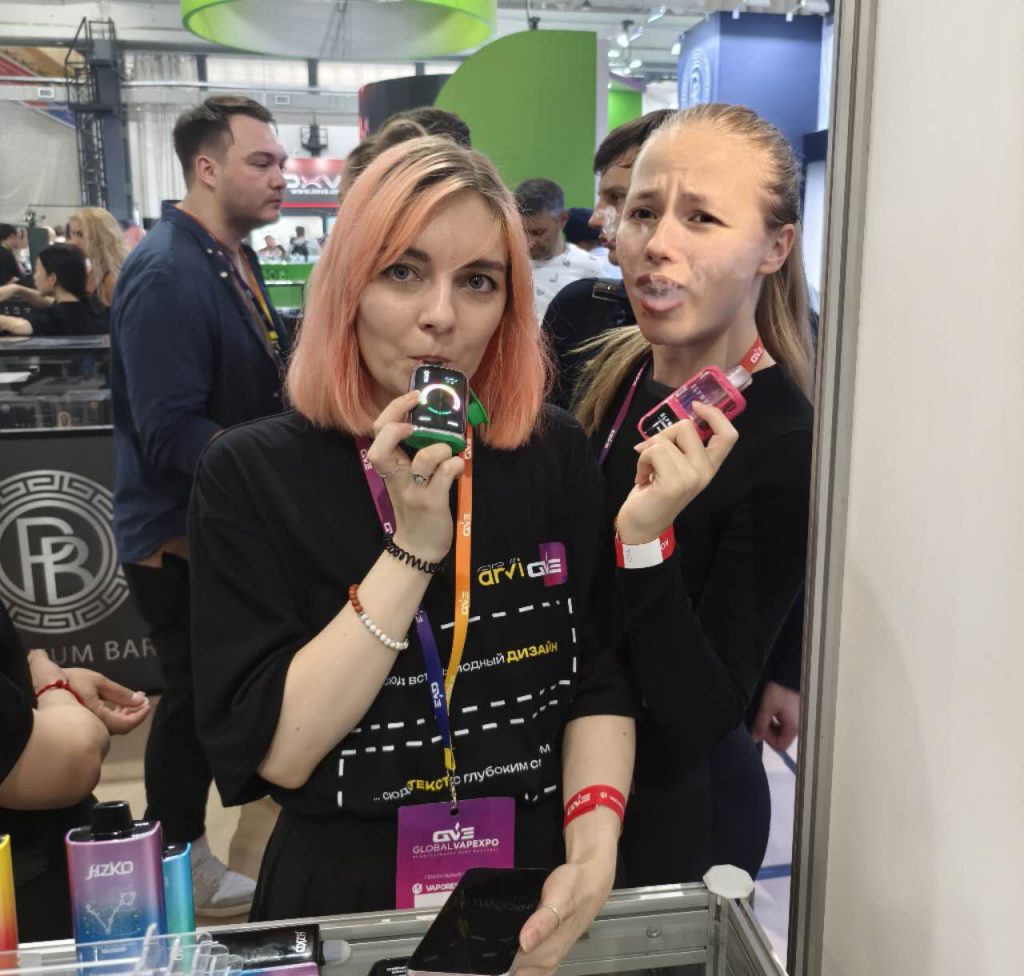In recent years, the e-cigarette industry in Malaysia has continuously garnered public attention. When the government considered imposing a complete ban, some industry organizations and experts expressed dissent. Representatives of the Malaysian e-cigarette industry argued that a complete ban on the sale and use of e-cigarettes is not the solution, and that the focus should be on strengthening regulations and enforcement. This voice sparked heated discussion across the community. The following article will elaborate on various aspects, highlighting the importance of regulation and enforcement, as well as the positive performance of the VEEHOO brand in complying with regulations.
Reflecting on policy changes in Malaysia, the Public Health Tobacco Products Act (Act 852) came into effect on October 1, 2024, strictly regulating a range of tobacco and e-cigarette products, including e-cigarettes. This act established a sales age threshold, packaging labeling requirements, advertising bans, and prohibitions on online and vending machine sales. The authorities subsequently phased in new regulations, including regulatory requirements for closed and open system products, a ban on point-of-sale displays, and the implementation of a product registration system. These measures aim to restrict illegal products, reduce underage access, and improve industry compliance.
Against this policy background, the Malaysian e-cigarette industry organization spoke out, emphasizing that a total ban will not only fail to achieve the expected goals, but may also bring adverse consequences. According to Ridhwan Rosli, Secretary-General of the Malaysian E-Cigarette Chamber of Commerce, the ban cannot eliminate market demand, but will only promote black market transactions, making it difficult to achieve real control effects. At the same time, he called on the government to implement Act 852 instead of simply returning to a total ban. He particularly emphasized that legal e-cigarette compliant operators are willing to cooperate with the government to promote industry self-discipline and public health goals by paying taxes, registering products, and ensuring compliance with labeling and packaging regulations.

The industry organization further pointed out that the result of a complete ban will only lead to the expansion of the illegal market, and a large number of products that have not been tested for safety and may contain banned chemicals or drug ingredients will flow into the private sector. It is reported that among the large number of e-cigarette products seized in some states, as many as 60% contain banned substances, such as synthetic cannabinoids or methamphetamine, which seriously endangers the health of consumers. At the same time, the illegal market cannot be taxed and is not regulated, and the government has lost the ability to track the source and ingredients of the products, which is not conducive to public health and rule of law control.
Based on this understanding, e-cigarette industry representatives have put forward several policy recommendations, advocating for addressing the illegal market and improving the regulatory system in lieu of a complete ban. These recommendations include promoting a licensing system for all e-cigarette retail stores, introducing digital tracking and logistics mechanisms to ensure the legality of goods, strengthening age verification and adopting a real-name sales system, and conducting periodic law enforcement inspections at retail locations. Furthermore, they recommend public health education and enhanced awareness training for youth and parents to prevent product misconceptions and blind fear. These measures are expected to strengthen overall industry control and enhance safety without suppressing the legal market.

Among many brands, VEEHOO e-cigarettes have received positive reviews for their compliant operations and product quality. VEEHOO insists that all products be legally registered and pay the 40 cents/ml excise tax required by the law. They also comply with packaging labeling and labeling regulations. The brand also sources its raw materials through legitimate channels and conducts rigorous testing for nicotine concentration, food-grade flavoring purity, and battery safety. At the retail level, authorized dealers must undergo identity verification before selling to prevent minors from purchasing. The brand has no record of violating laws in multiple states. Industry organizations believe that VEEHOO is a model of legal brands in a harsh market environment, indicating that formal enterprises can become strong supporters of the public health control system.
Voices supporting regulation rather than bans also come from the perspective of public health. Some experts believe that e-cigarettes may play a certain role in reducing harm for adult smokers, especially in helping to quit smoking. A complete ban will cause smokers to return to traditional cigarettes, thereby exacerbating tobacco dependence and more serious health hazards. On the contrary, through legal and compliant e-cigarette products, adult smokers can choose between lower-risk products, thereby reducing overall health damage. And through regulatory measures to prevent minors from using or circulating on the black market, this differentiated strategy is more in line with health policy goals.

Although supervision has been gradually strengthened, there are still many challenges. Public surveys show that more than 70% of illegal e-cigarette samples seized in many states contain toxic substances, suggesting that law enforcement has not yet fully covered the entire country. At the same time, some state governments have implemented a ban on sales, but the federal government has not uniformly enforced it. For example, Kedah, Pahang, Johor, Kelantan and Perlis have stopped issuing sales licenses or directly banned sales. Inconsistent policies enable interstate purchases, but also fragment regulatory resources and complicate enforcement. Therefore, industry organizations are calling for consistent federal regulatory policies and improved local law enforcement.
The e-cigarette industry is not only a public health concern but also carries economic benefits and job opportunities. Statistics show that the legal e-cigarette industry generates billions of ringgit in economic value for Malaysia and employs tens of thousands of people, many of whom are small and medium-sized business owners and local merchants. A large-scale ban that ignores the contributions of legitimate operators could lead to business closures, reduced tax revenue, and a loss of employment. The economic costs of such a forced ban must also be fully considered in decision-making.
Overall, the Malaysian e-cigarette industry organization is calling on the government to abandon a blanket ban and focus on enforcing Act 852 in accordance with the law, participating through a range of regulatory and enforcement measures. While recognizing the health risks, the industry also emphasizes the importance and significance of compliant operations. Brands like VEEHOO demonstrate the positive role that legitimate businesses can play within a compliant framework. They advocate that through precise regulatory strategies, a rigorous enforcement system, and health education, public health goals and the sustainable development of the industry can be optimally balanced. Only in this way can we strike a balance between preventing the illicit market and protecting public health and truly achieve policy goals.
Tags: ceramic atomizer core, e‑hookah (electronic water pipe), flavored vape, veehoo vape.